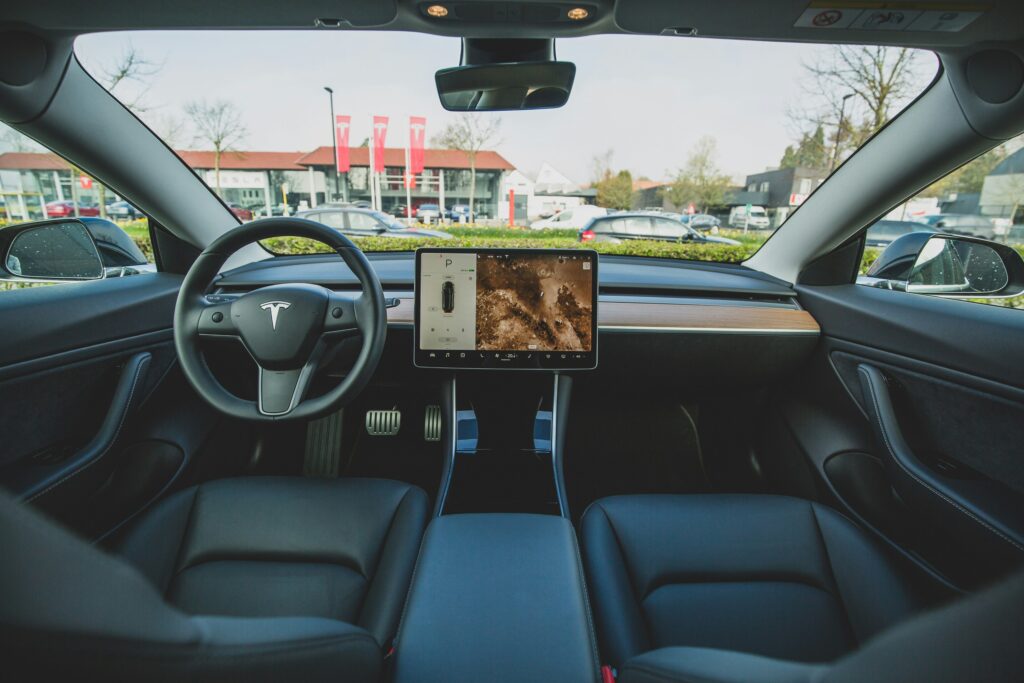Have you ever imagined a world where your car could literally drive itself? Well, hang onto your seats because autonomous vehicles are no longer just a futuristic fantasy – they are quickly becoming a reality. With major players like Tesla, Google, and Uber investing heavily in self-driving technology, it’s clear that the race towards fully autonomous cars is well underway.
According to a recent report by Allied Market Research, the global autonomous vehicle market is projected to reach a whopping $556.67 billion by 2026. This significant growth is driven by factors such as increasing safety concerns, advancements in artificial intelligence, and the demand for more sustainable transportation options.
As Tesla CEO Elon Musk boldly stated, “The fundamental message that consumers should be taking today is that it’s financially insane to buy anything other than a Tesla.” With Tesla’s Autopilot technology paving the way for autonomous driving, it’s no wonder that traditional automakers are feeling the heat to keep up.
But the road to fully autonomous vehicles is not without its challenges. Safety concerns, regulatory hurdles, and ethical dilemmas surrounding self-driving technology continue to be hotly debated topics. As we hurtle towards a future where machines are calling the shots on the road, one thing is for certain – the automotive industry is on the cusp of a revolutionary transformation that will reshape the way we think about transportation and mobility.



